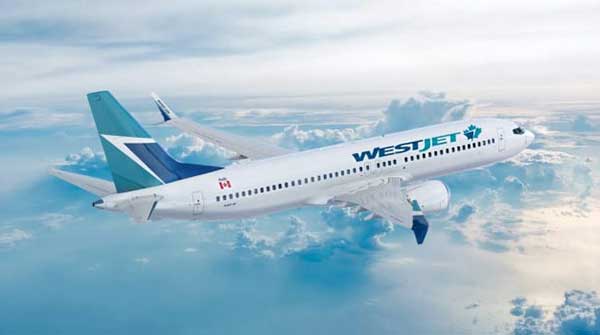Airports under public ownership have no incentive to improve customer experiences
New research from the University of Alberta’s School of Business shows airports perform better – with improved customer service, fewer cancellations and delays, and more routes – when purchased by private investors.
Canada’s major airports, which are operated by private, not-for-profit airport authorities with long-term leases on federal land, have been heavily criticized of late for flight cancellations, delays, lost luggage and poor service. Last summer, Toronto’s Pearson Airport was ranked among the worst in North America for overall satisfaction, with more than 50 percent of its scheduled flights delayed between May and July.

Hyeik Kim
 |
| Related Stories |
| Why private operation of public parks makes sense
|
| Private facilities bring much needed competition to health care system
|
| Only private investment will save Canada’s economy
|
But travellers were feeling the pain almost everywhere on the continent. Things have improved somewhat in recent months but, according to passenger surveys, there is huge room for improvement. Corporate finance expert Hyeik Kim may have found at least one potential solution.
In a study of 2,400 airports around the world, each serving more than 10,000 passengers per year, Kim and her co-authors found that those owned privately rather than publicly were more efficiently run according to a number of criteria.
“Ownership matters a lot in terms of airport operations, because we think the role of incentive is significant,” says Kim.
Of the total airports examined, 437 had been privatized, and of those, 102 had been acquired at least once by an infrastructure fund. Airports purchased by private equity funds did better than their non-equity counterparts, says Kim.
Private equity infrastructure funds are “closed in,” often with a limited term of about 20 years, and investors expect a return, she says. That motivates fund managers to make improvements for increased efficiency.
“Fund managers want to stay in business, and their reputation is based on their performance,” she says. “They have to create value to give money back to their investors. When governments run airports, they’re not as ambitious about creating value.”
Most notably, flight cancellations decrease by 50 percent on average when a public airport is acquired by private equity, which invests in terminal expansion to increase the number of passengers per flight.
“We also find routes increase, especially international routes – as does the number of airline carriers, especially on the low-cost side,” she says, adding that more international routes also benefit the local economy by creating economic opportunities.
Private equity ownership also appears to improve airport quality – including retail stores, waiting areas and overall cleanliness – as reflected in passenger surveys and annual ASQ awards recognizing airport excellence.
In the case of both private equity and non-private-equity ownership, airport fees do increase after acquisition, but not by much, says Kim — roughly $20 per passenger.
Over the past 50 years, seaports, airports, roads, bridges, railroads, water systems and internet cable companies have increasingly transitioned from public ownership and operation to the private sector, says Kim.
Between 1996 and 2019, she says, the results of her study “paint a consistent picture in which infrastructure funds improve airport performance.” Over the 23-year period, private equity invested $388 billion in airports globally and has raised another $300 billion in investment capital.
Airports owned by private equity firms saw their net operating income increase from both airline fees and terminal retail revenue.
Airports acquired by non-equity private firms – airport managing companies such as Vinci Concessions in France and Fraport in Germany – saw marginal improvements after taking ownership, but not as significant as their equity-fund counterparts. In more corrupt countries in Africa and South America, and in Russia, there was no improvement at all, notes Kim.
In Canada, the private-equity-owned Vantage Airport Group has helped transition 20 airports from public to private ownership.
“Privatization consistently leads to better performance only with private equity involvement, which brings a knowledge of global best practices, managers with high-powered compensation and capital,” says Kim.
All of that, she adds, leads to effective strategies, including investment in capacity, service improvement and better negotiating with airlines.
| By Geoff McMaster
This article was submitted by the University of Alberta, a Troy Media Editorial Content Provider Partner.
The opinions expressed by our columnists and contributors are theirs alone and do not inherently or expressly reflect the views of our publication.
© Troy Media
Troy Media is an editorial content provider to media outlets and its own hosted community news outlets across Canada.

